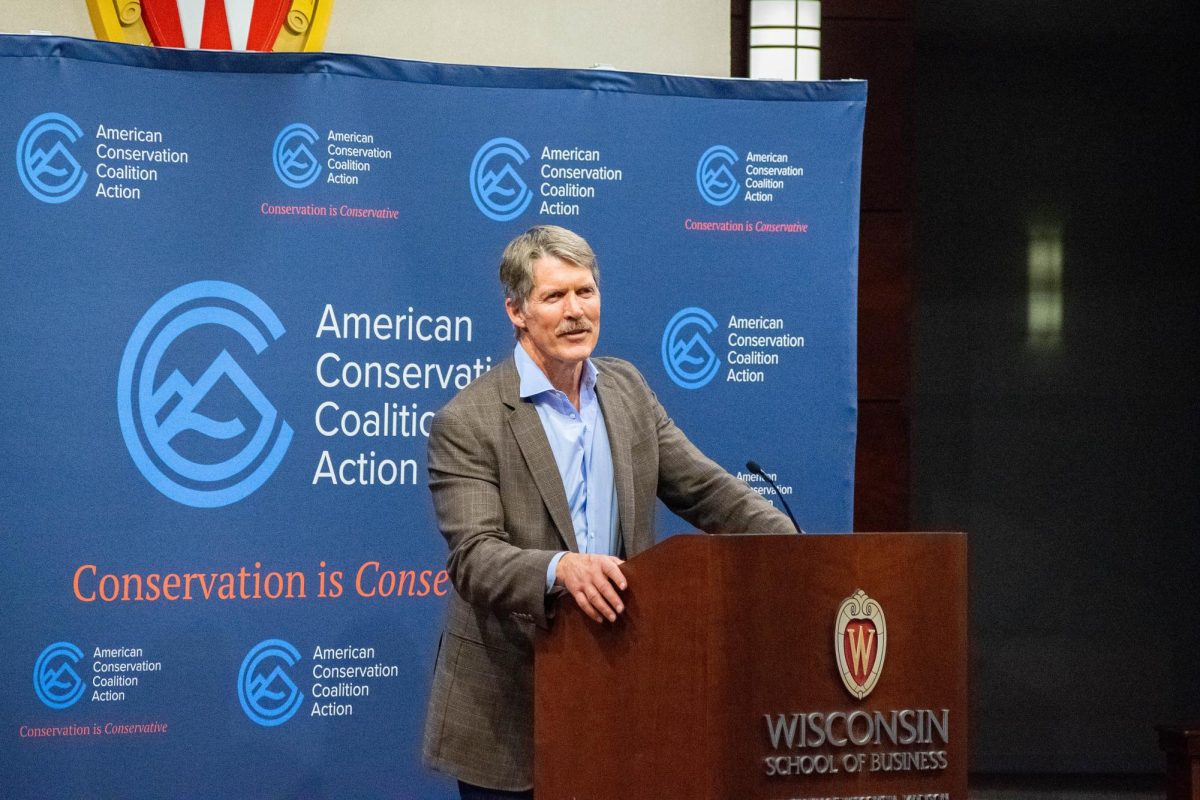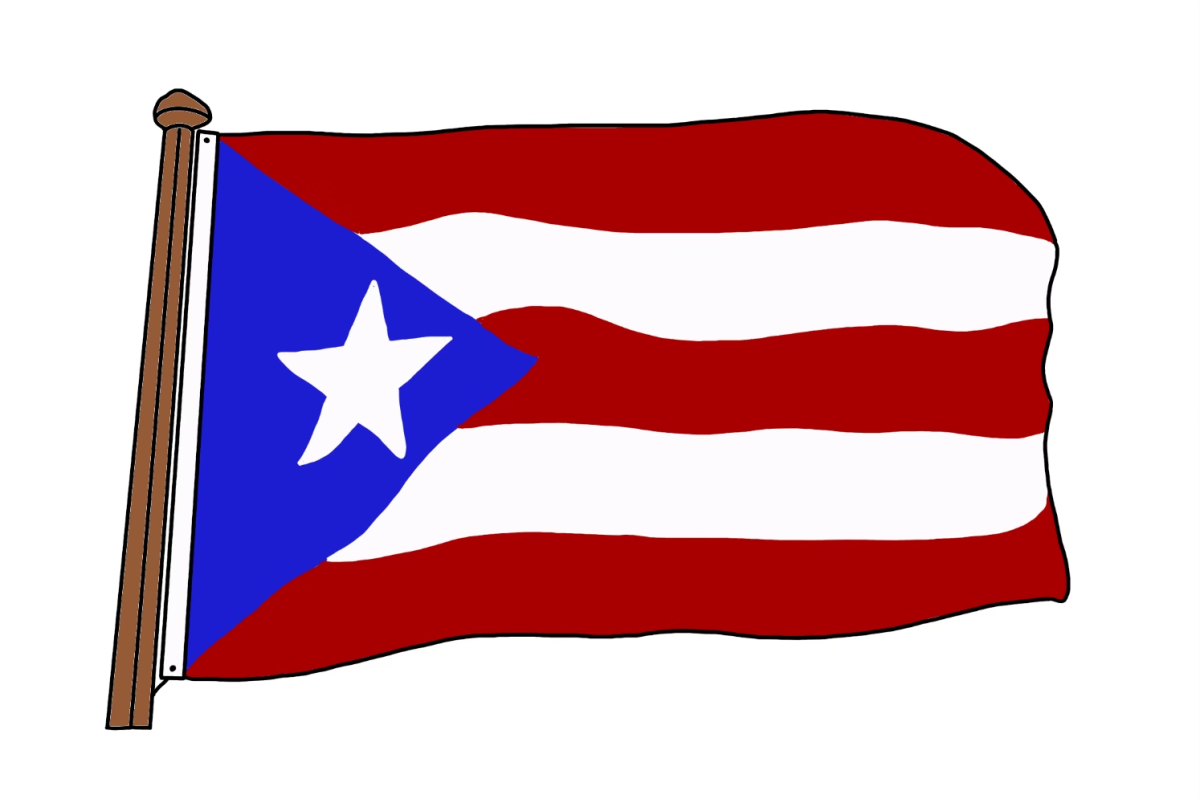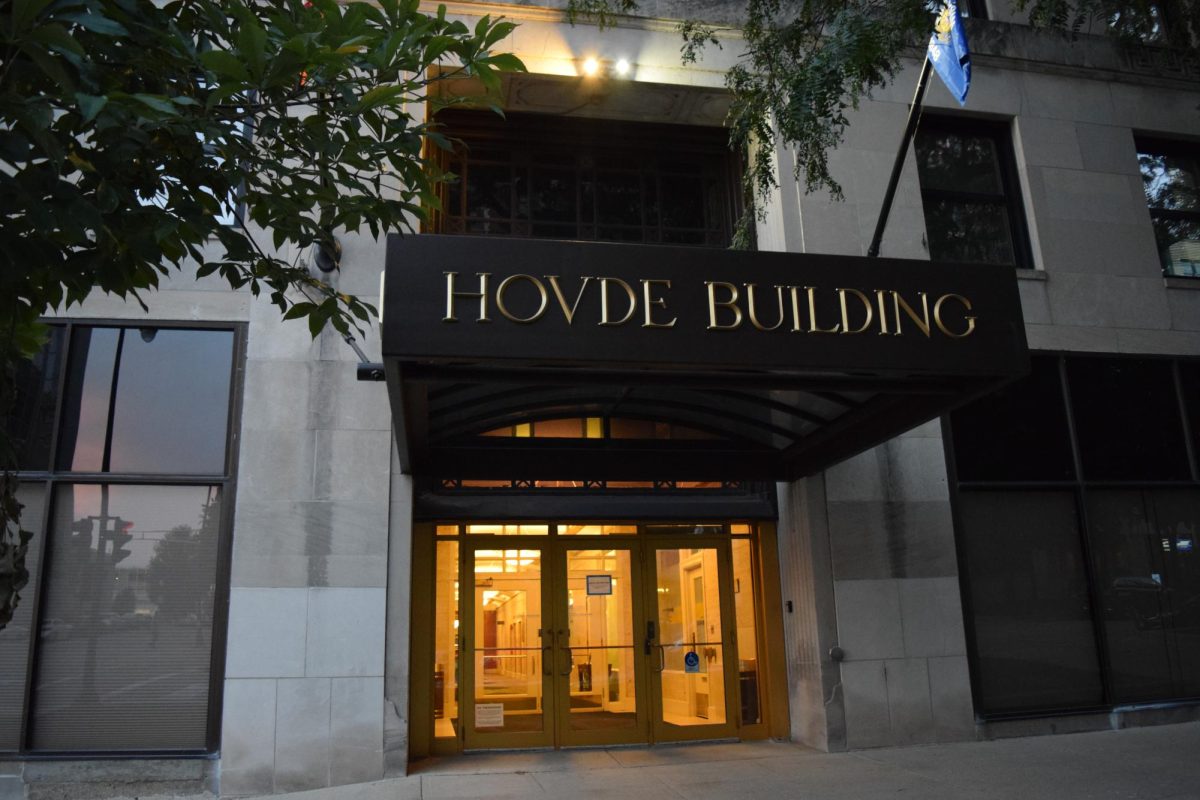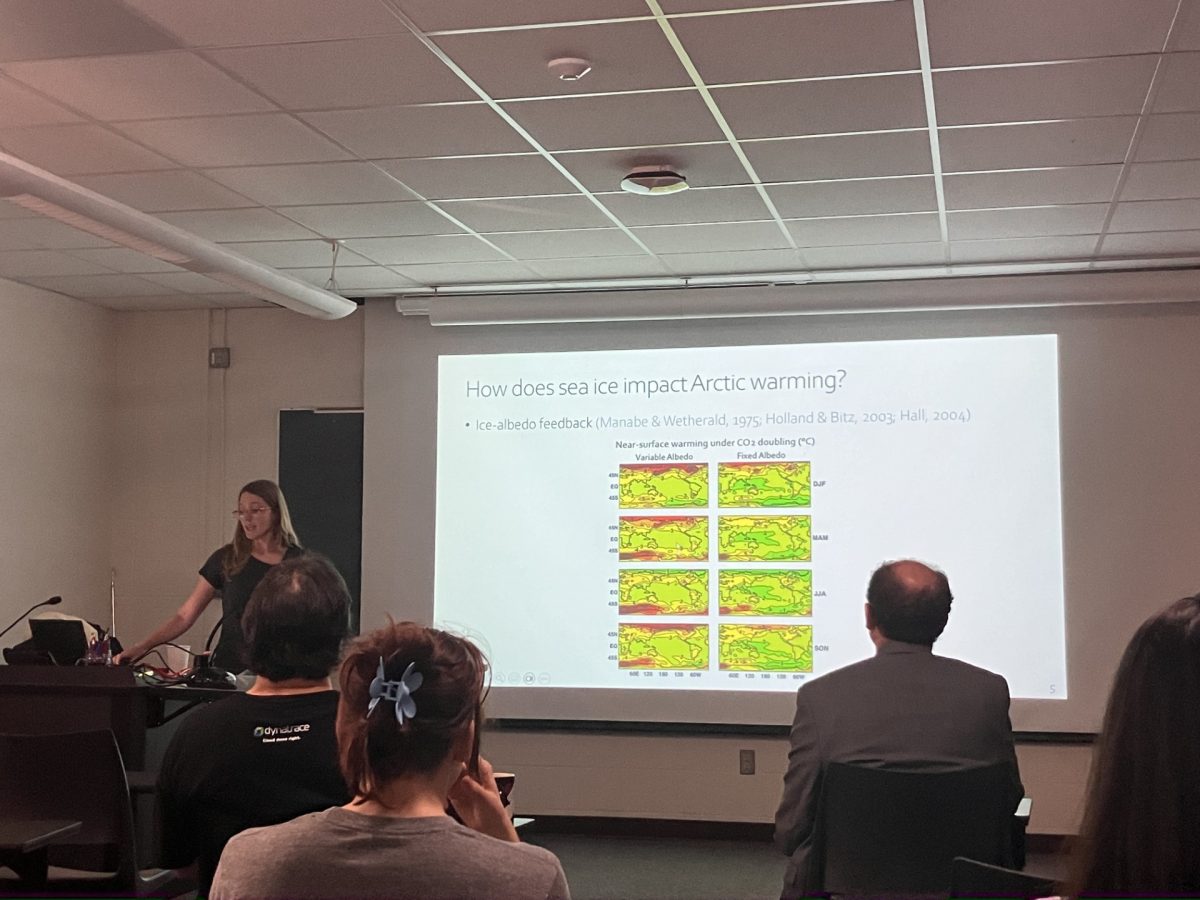In an attempt to both inform and highlight research innovation, local business members and campus faculty gathered Friday for a stem cell symposium at the University of Wisconsin.
The La Follette School of Public Affairs, along with WiCell Research Institute — a non-profit research support facility near UW — led the discussion.
The gathering is part of the "Wisconsin Idea" of integrating recommendations for public policy decisions at the state and national levels.
"People don't really understand or know much about the important issues related to stem cells … [i]n terms of intellectual property rights, licensing and the trade-off between stimulating innovation and improving public health," said Barbara Wolfe, director of the La Follette School of Public Affairs.
The symposium focused on several legal and legislative issues likely to influence the future of research surrounding human embryonic stem cells at UW.
Carl Gulbrandsen, president of WiCell and director of the Wisconsin Alumni Research Foundation — the exclusive patent management non-profit corporation for UW — gave an overview of the history of embryonic stem cells since first cultured in Madison by James Thomson in 1997.
"It has breakthrough technology, it's got potential significant value, and there are patent issues," Gulbrandsen said. "It's the center of the perfect storm."
With the possibility of endless replication and boundless differentiation, Gulbrandsen said HES cells could be the "window into human development."
Gulbrandsen described some current research at UW, which deals with differentiation to heart tissue for research of heart disease and other implications.
UW conducted the research with significant oversight, Gulbrandsen said, since its inception by both the National Academy of Science and University Hospital.
"[The hospital] put down four requirements — they must be excess embryos, … there had to be a proper consent form so that [donors] understood what was going to be done," Gulbrandsen said. "They could not be created solely for the purpose of Thompson's research, and there could be no payment made to the embryos."
With a restriction on federal funding for research, Gulbrandsen said WiCell was formed in 1999 to have private labs work on the project.
Since then, however, the state and federal support has shifted, with 69 percent of Wisconsinites agreeing to pursue the research.
Representative Scott Suder, R-Abbotsford, said although members of WiCell say they are comfortable under the direction of Gov. Jim Doyle, many legislators look for a stringent set of guidelines.
"There are many of us who believe there needs to be an ethical standard set for that type of research," Suder added. "While the governor may not want guidelines, there are many throughout the state that feel some standard for this type of major research is necessary."
Suder said he supports the research, so long as it stays away from cloning or "mad science."
The symposium also held panel discussions where experts fielded questions from the audience about patenting and funding of research at universities.
Bradford Barnham, chair of the Department of Agriculture and Applied Economics, addressed the need for more federal funding for the research and the difficulty to receive it due to the slow process.
"When it comes to the research and development side, the concern is slow progress," Barnham said. "Everyone is held up by policy, and we have inadequate funding."







